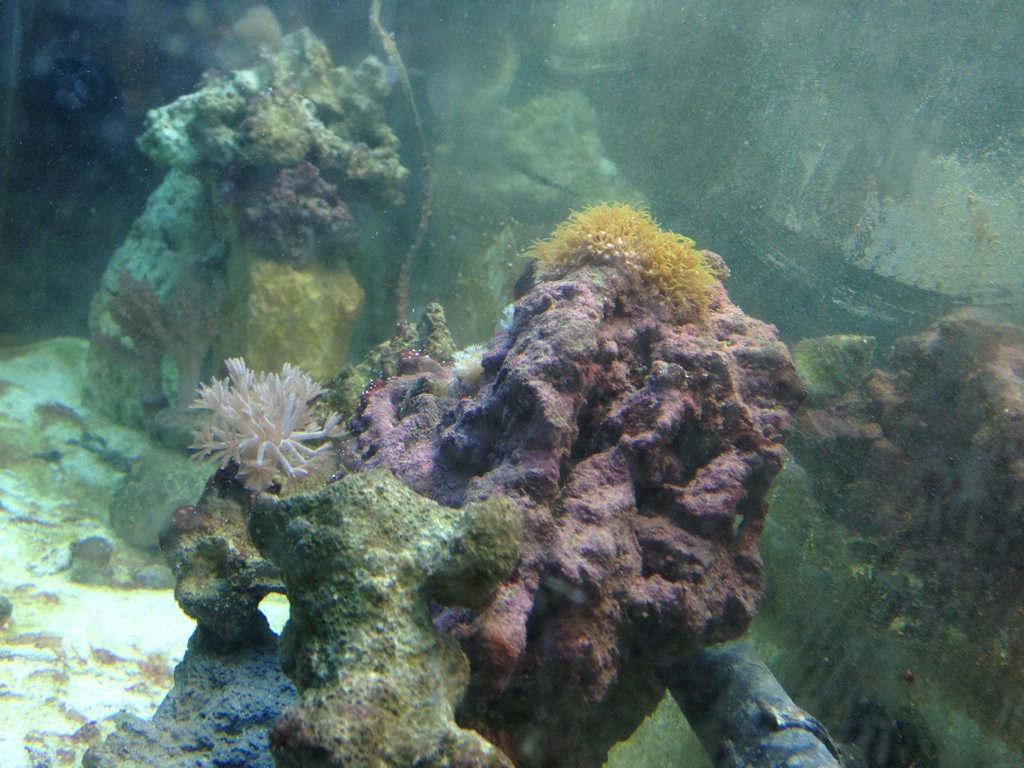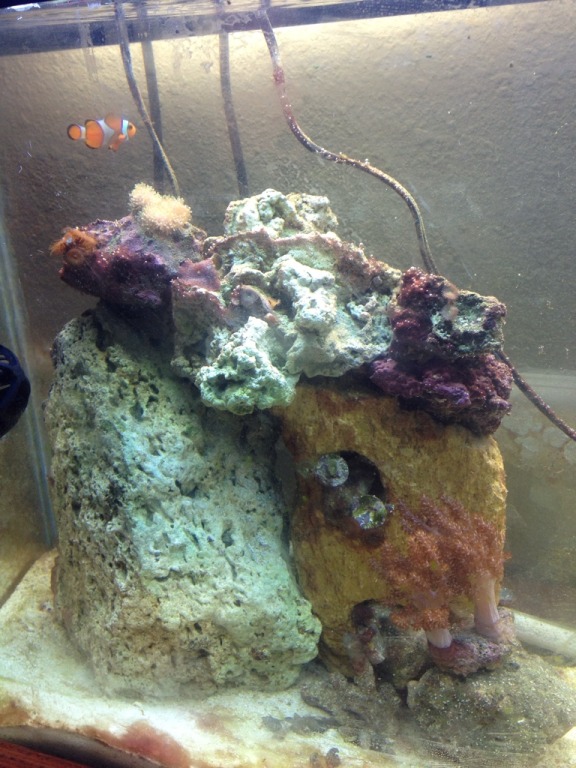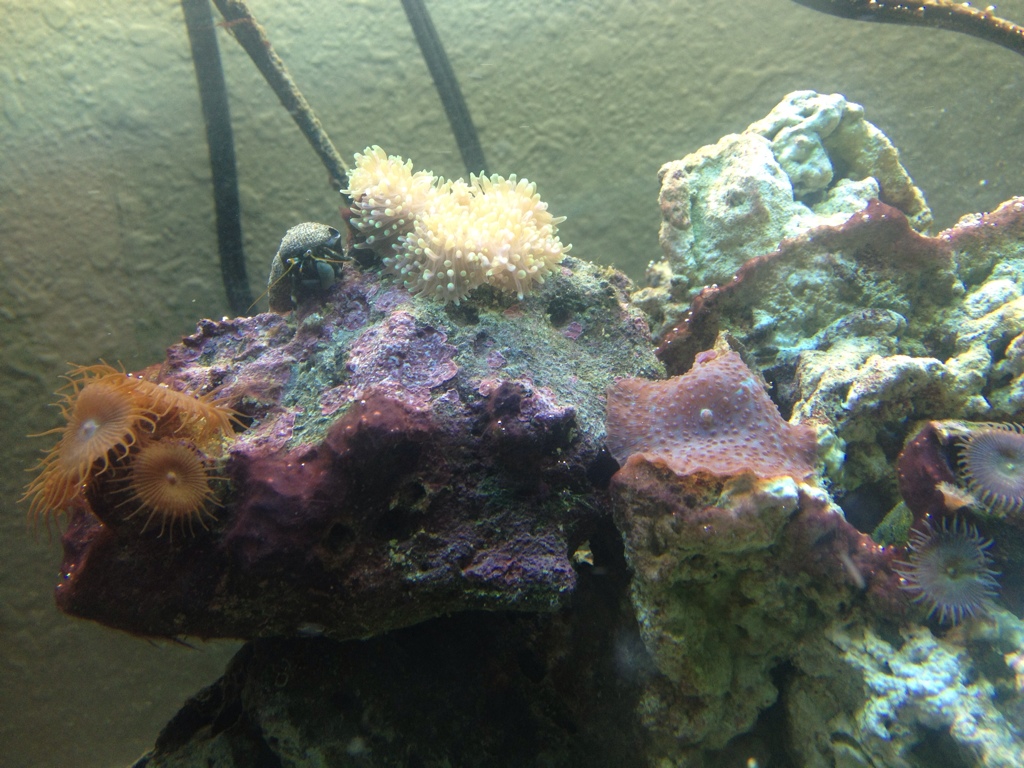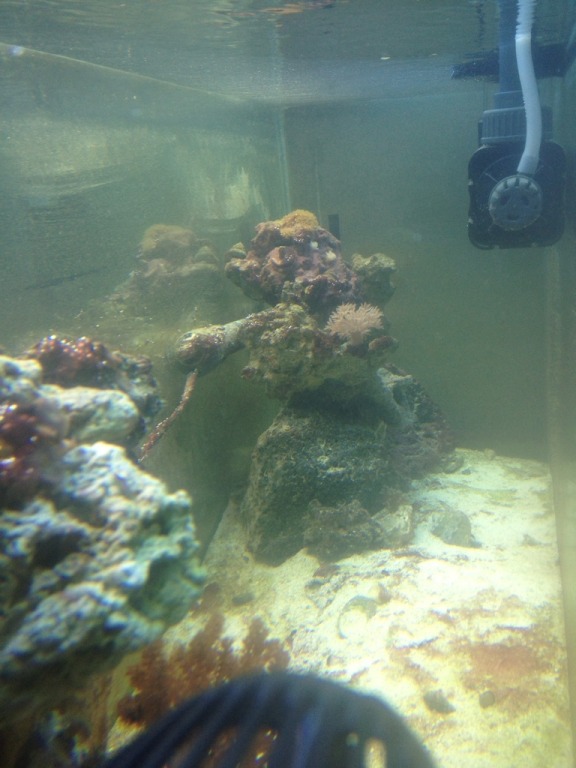But you used it anyway!! I hear yah, let us know how the build goes. Might be the perfect time to build a stand that holds a sump...
Just sayin'.
Lol. It is good enough to hold it. I just don't want to test my luck! I'm going to build a stand that will hold one but I can't have one till I move. Which will probably be almost a year. Lol. But soon.




